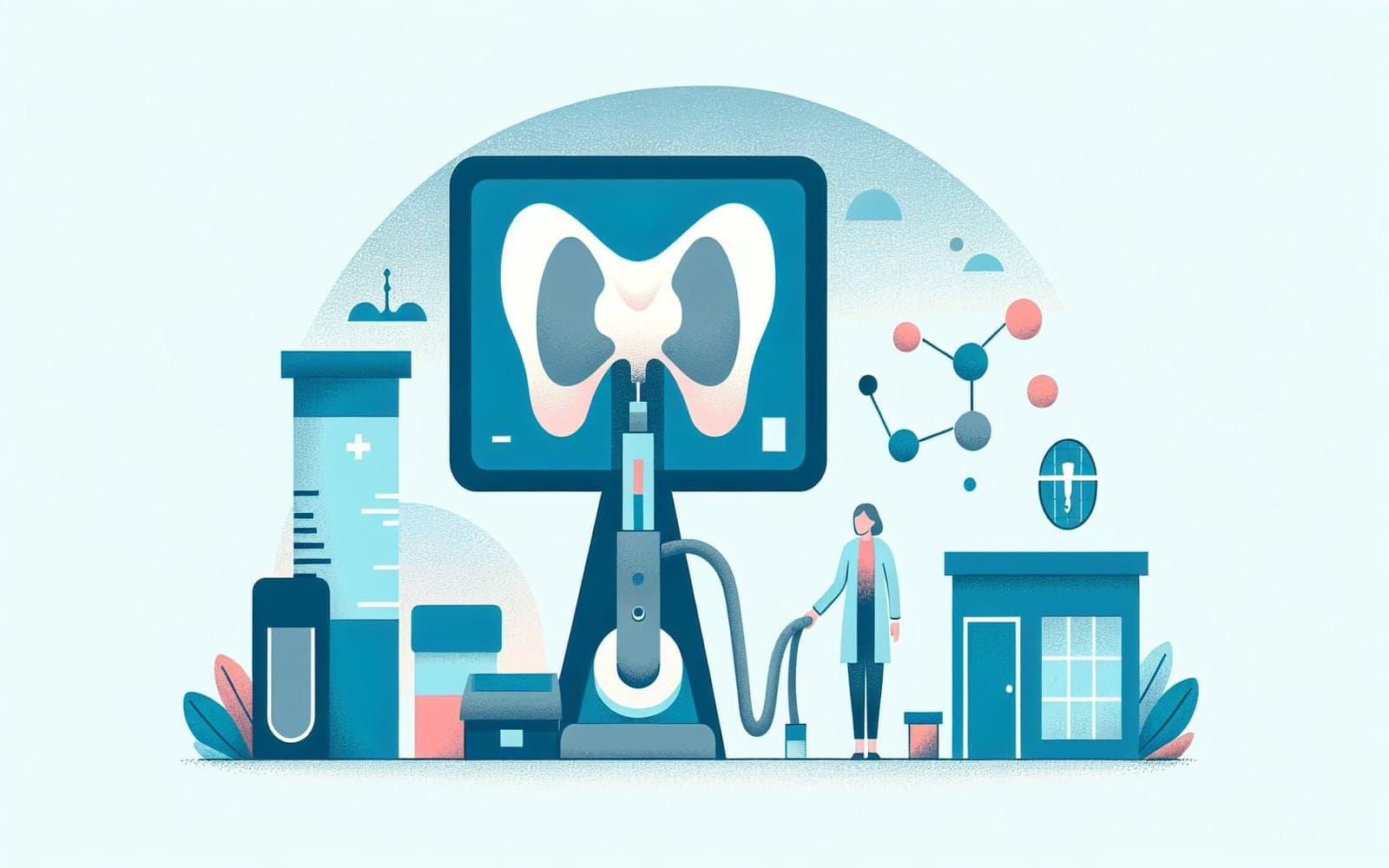How Do You Test for Primary Hyperparathyroidism?
Published: May 22, 2024

Medically reviewed by Alan Lucks | MD, Alan Lucks MDPC Private Practice - New York on May 22nd, 2024.
Testing for primary hyperparathyroidism (PHPT) involves several steps to confirm the diagnosis. Learn which tests are crucial and what they reveal about your health.
Contents
Calcium and PTH Levels
The initial test for PHPT is measuring serum calcium levels. If levels are high, a parathyroid hormone (PTH) test follows. Elevated or normal PTH in the presence of high calcium can indicate PHPT. These tests are critical first steps in diagnosing the condition.
24-Hour Urinary Calcium Excretion
A 24-hour urine test measures calcium excretion, helping distinguish PHPT from other conditions like familial hypocalciuric hypercalcemia (FHH). High urinary calcium suggests PHPT, while low levels may indicate FHH. This test is vital for accurate diagnosis and treatment planning.

Role of Vitamin D Testing
Vitamin D levels are often tested because a deficiency can mask PHPT symptoms. Low vitamin D can lead to incorrect diagnoses, so measuring it ensures a comprehensive view of calcium-related health. Correcting a deficiency can also reveal hidden PHPT.
Frequently Asked Questions
The first test is measuring serum calcium levels.
It helps distinguish PHPT from similar conditions.
Yes, low vitamin D can mask PHPT symptoms.
High PTH alongside high calcium suggests PHPT.
Key Takeaways
Could these tests uncover a hidden condition affecting you?
Discuss your test results with Doctronic to understand your health more clearly.Related Articles
References
Silverberg SJ, Clarke BL, Peacock M, et al. Current issues in the presentation of asymptomatic primary hyperparathyroidism: proceedings of the Fourth International Workshop. J Clin Endocrinol Metab 2014; 99:3580.
Crowley RK, Gittoes NJ. Elevated PTH with normal serum calcium level: a structured approach. Clin Endocrinol (Oxf) 2016; 84:809.
This article has been reviewed for accuracy by one of the licensed medical doctors working for Doctronic. Always discuss health information with your healthcare provider.

